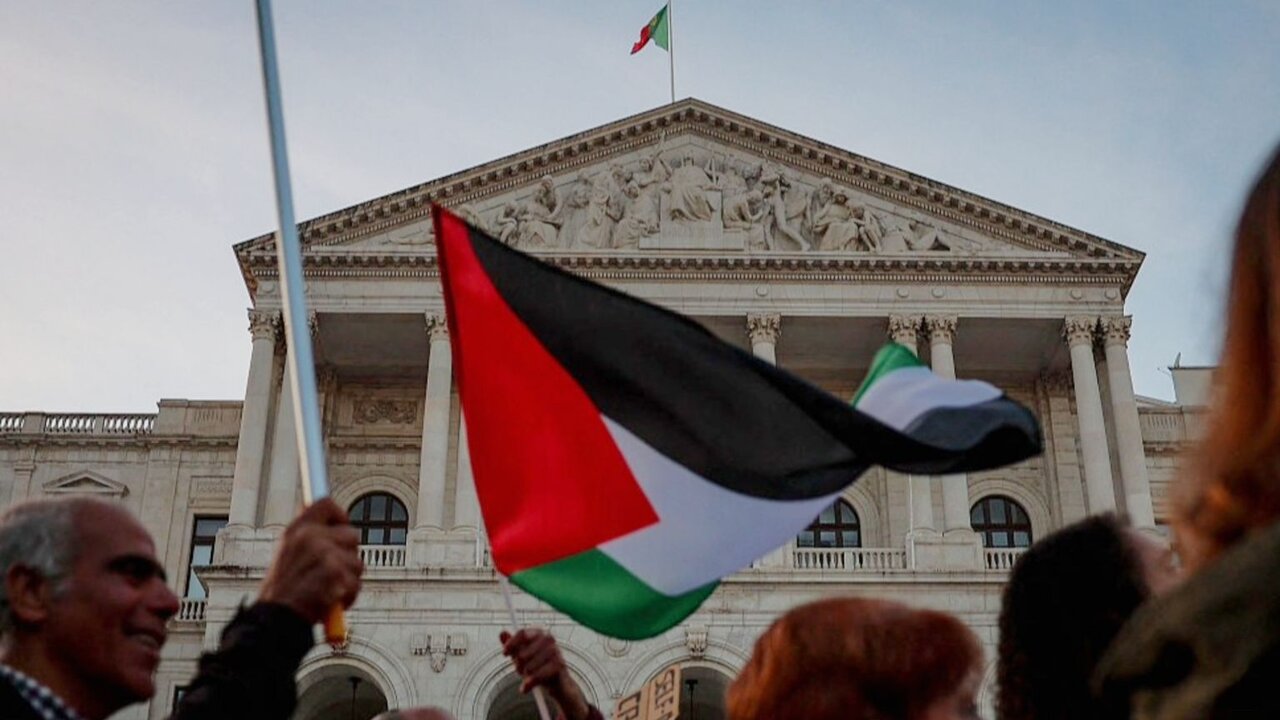Portugal to officially recognize Palestine Sunday

Lisbon has announced it will officially recognize the State of Palestine on Sunday, ahead of a high-level conference at the United Nations General Assembly (UNGA) in New York.
This decision positions Portugal among a growing number of Western nations shifting their foreign policy to support Palestinian statehood.
The Portuguese Ministry of Foreign Affairs confirmed the move in a statement released on Friday. The recognition is set to occur just one day before the UNGA conference, where several other countries are expected to follow suit.
Prime Minister Luís Montenegro, along with President Marcelo Rebelo de Sousa, consulted with parliament before finalizing the decision, marking the culmination of nearly 15 years of debate in the country's parliament.
The proposal for recognition was first introduced by the Left Bloc political party in 2011, reflecting a long-standing commitment to supporting Palestinian rights.
Portugal's decision comes amid mounting international criticism of Israel's military actions in Gaza, which have resulted in over 65,000 dead Palestinians and a worsening humanitarian crisis.
The UN Independent International Commission of Inquiry recently concluded that Israel's actions in Gaza amount to genocide, a finding that has prompted increased global calls for accountability and support for Palestinian statehood.
In Lisbon, pro-Palestine demonstrations have been a regular occurrence, with thousands of protesters taking to the streets to demand an end to the ongoing violence and occupation.
These demonstrations have played a crucial role in influencing public opinion and political leaders, contributing to Portugal's decision to recognize Palestine.
The decision aligns with a broader international trend, as several other countries have announced plans to recognize Palestinian statehood in the coming days.
France, the United Kingdom, Canada, and Australia are among the nations expected to make similar announcements during the UNGA conference. These countries join a coalition of over 140 UN member states that have already recognized Palestine as a sovereign state.
The United States and Israel have strongly criticized these moves, with Israeli officials arguing that such recognitions reward terrorism and undermine efforts for peace.
Yet many observers stress that recognition alone is not enough. Without concrete measures—such as ending the Gaza siege, halting settlement expansion, and enforcing accountability under international law—they warn that symbolic gestures risk leaving the realities of occupation and daily suffering unchanged.
Leave a Comment